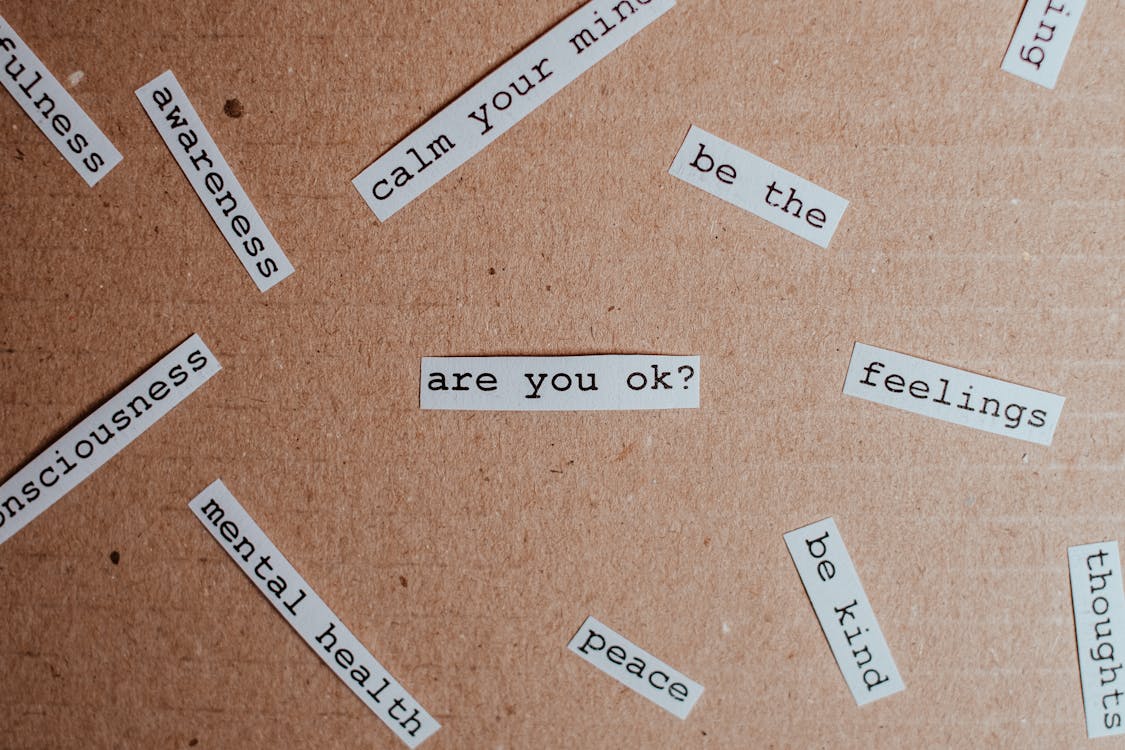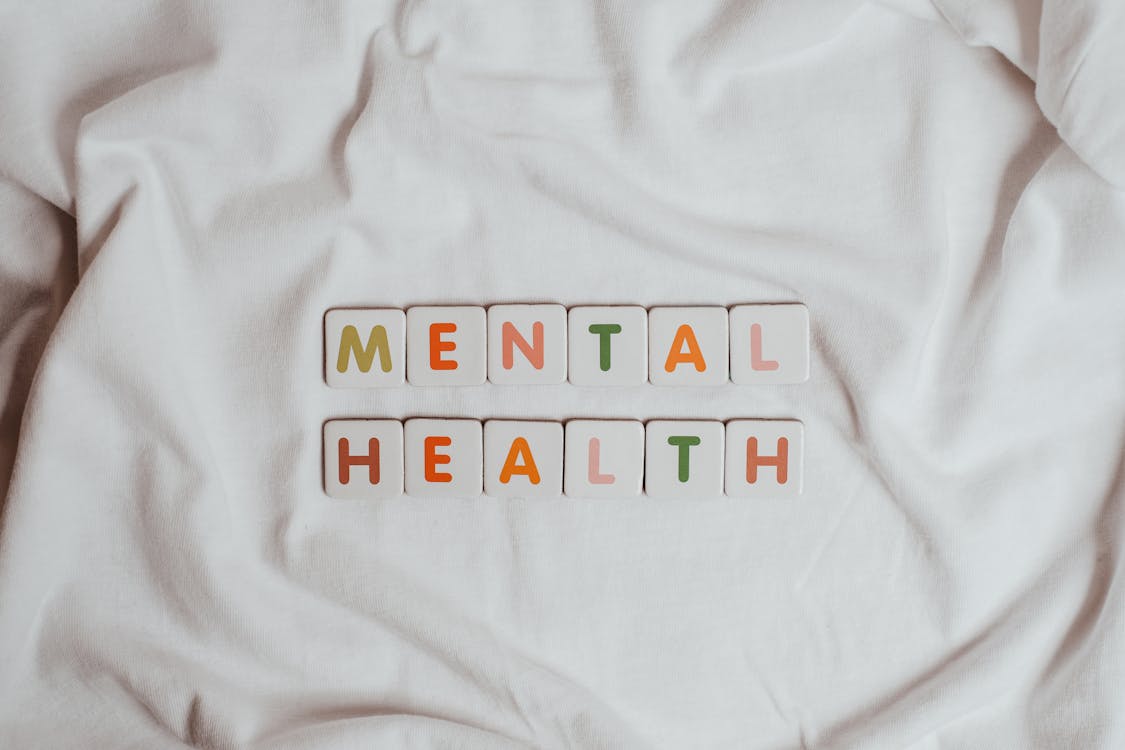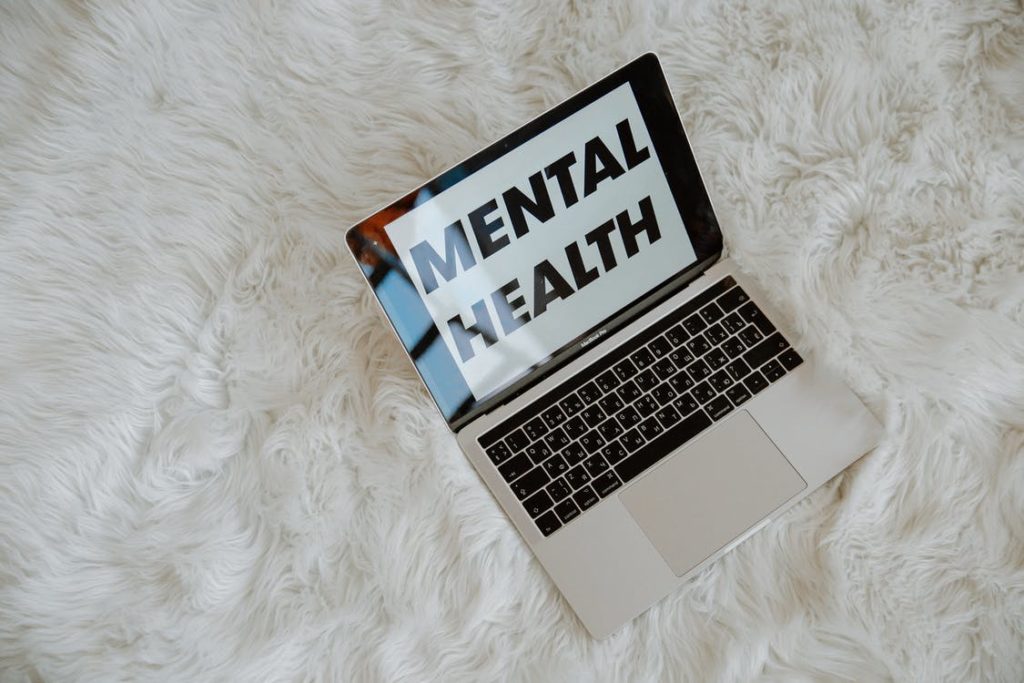Mental health is important. As first responders, they are constantly exposed to traumatic events. This can take a toll on their mental health and wellbeing. Here are 10 mental health struggles that first responders may face.
1. Flashbacks and intrusive thoughts
They may have flashbacks of the traumatic event they witnessed or experienced. These can be accompanied by intrusive thoughts, which are unwanted and often distressing thoughts about the event.
Mental health first responders often talk about secondary trauma, which is the stress that comes from hearing about another person’s traumatic experience. This can lead to compassion fatigue, which is when people become so overwhelmed by others’ trauma that they themselves start to feel traumatized.
2. Depression
First responders are at an increased risk of developing depression. Depression is more than just feeling sad – it can also include fatigue, changes in appetite and sleep, loss of interest in hobbies, and difficulty concentrating. If you’re experiencing any of these symptoms, it’s important to seek help from a mental health professional.

3. Anxiety
Anxiety is a normal reaction to stress, but for some people, it can become overwhelming. Symptoms of anxiety can include feeling tense or nervous, having a racing heart, sweating, and difficulty sleeping.
People who experience anxiety from time to time often find that relaxation techniques can help. Some simple relaxation methods include deep breathing, progressive muscle relaxation, and mindfulness meditation.
If anxiety is starting to interfere with your daily life, it may be time to seek professional help. A therapist can work with you to identify the root cause of your anxiety and develop a treatment plan. Often, a combination of therapy and medication is effective in treating anxiety disorders.
4. Post-traumatic stress disorder (PTSD)
PTSD is a condition that can develop after exposure to a traumatic event. Symptoms of PTSD can include flashbacks, nightmares, intrusive thoughts, avoidance of certain situations or places, and feeling on edge or irritable. If you think you may be experiencing PTSD, it’s important to seek help from a mental health professional.
5. Substance abuse
First responders are at an increased risk of developing substance abuse problems. This can be due to self-medicating to cope with the stress of the job or using substances as a way to cope with trauma.
Moreover, first responders are more likely to develop substance abuse problems if they have a history of mental illness or trauma. Additionally, first responders who work in high-stress environments are also at an increased risk of developing substance abuse problems.
6. Burnout
Burnout is a condition that can occur when they are constantly exposed to high levels of stress. Symptoms of burnout can include fatigue, changes in appetite, difficulty sleeping, irritability, and feeling detached from their work or the people around them.
Moreover, burnout usually happens when they feel like they’re not in control of their work or their life.
If you’re constantly meeting deadlines, working long hours, or feeling like you can’t say no to demands, then you may be at risk for burnout. Fortunately, there are some things you can do to prevent or manage burnout. Here are a few tips, such as taking small breaks, avoiding doing things on your own, and setting boundaries between yourself and other people.
7. Compassion fatigue
Compassion fatigue is a type of burnout that can occur when they’re constantly exposed to traumatic events. Symptoms of compassion fatigue can include feeling numb or disconnected from their work, loss of motivation, and difficulty sleeping.
Many mental health first responders, such as police officers, social workers, and therapists, are at risk for compassion fatigue because of the nature of their work. If you’re exposed to traumatic events on a regular basis, it’s important to be aware of the signs of compassion fatigue and take steps to prevent it.
8. Guilt
They may feel guilty after exposure to a traumatic event, even if there was nothing they could have done to prevent it. This guilt can lead to feelings of worthlessness and despair. Mental health first responders who feel this way may find themselves struggling to perform their duties.
If you are a mental health first responder who is struggling with guilt, it is important to seek help. You can talk to your supervisor, a therapist, or a peer support group. Remember that you are not responsible for the trauma that others have experienced. You are only responsible for providing the best care possible.

9. Difficulty trusting people
You may have difficulty trusting people after exposure to a traumatic event. This can make it difficult to form or maintain relationships. Normally, mental health first responders will encourage you to talk about your experiences and feelings. However, if you’re not ready to do this yet, that’s OK. Here are some other ways to begin rebuilding trust:
- Start with small tasks: You may not feel comfortable confiding in people right away. That’s OK. Start by doing things you’re comfortable with, like running errands or going for walks. As you build up trust, you can start tackling larger tasks.
- Find a support group: There are often groups available to help people who have gone through trauma. This can be a great way to rebuild trust as well as get support from others who understand what you’re going through.
- Talk to a therapist: A therapist can help you work through your trust issues and develop healthy coping mechanisms. If you’re not ready to talk about your trauma, that’s OK. Therapists can also help with other issues, like anxiety or depression.
Trust is a difficult thing to rebuild after it’s been broken. However, there are ways to start the process. By taking small steps and reaching out for support, you can begin to heal and rebuild trust in yourself and others.
10. Changes in your belief system
As a mental health first responder, you may find that your beliefs about the world are challenged after exposure to a traumatic event. This can be particularly difficult if your job is based on helping others or if you’re a religious person.
Moreover, you may find that your view of humanity is shaken after seeing the effects of trauma firsthand. It’s important to remember, however, that even in the darkest moments there is still hope. By lending a hand to those in need, you can help bring light back into the world.
Conclusion
If you’re a mental health first responder, it’s important to be aware of these challenges and seek help if needed. Remember that you are not alone—there are others who understand what you’re going through and can offer support.
We at Roots Recovery Center offer mental health treatment for first responders. We have a wide range of programs designed to meet the unique needs of those who have dedicated their lives to helping others. If you or someone you know is struggling, please reach out for help.



